
Dark Messiah Skill System
The most interesting and difficult thing about making a game like Dark Messiah is finding a blend between the role playing and action aspects of the game. Only one first person game, Deus Ex, has really managed to blend these two seamlessly and the obvious worry for developer Arkane is that the game may end up alienating fans of both genres. As such, getting the skills system right is probably the most important factor determining how good this game eventually can be.So how does the RPG element work? As you hack, slash and bow-n-arrow (is there a verb for shooting an arrow? If so, that ain't it! - Ed.) your way through the game, you are rewarded for completing tasks with skill points. These points can then be spent on buying different skills to upgrade your character's abilities. The skill sets are split up into three separate categories: combat, magic and miscellaneous. Within each skill set, the initial abilities cost the least amount of points; as more advanced skills are opened up, costs increase greatly.
For example, the first skill one might upgrade would be one for combat. Once you achieve your first point, you can spend it on either archery or fighting skills. The potential improvement for archery would be improved accuracy and the ability to zoom in when aiming. Alternatively, you might fancy improving your sword skills: by upgrading here, you will become a stronger and faster sword fighter. The final skill is called 'adrenaline': this allows you to perform multiple special one-hit-kill moves, making your character far more formidable.
If traditional killing with a sword isn't your bag, then you can dedicate your hard earned skill points to improving magical abilities. There aren't a huge amount of magical skills to choose from, but what is available is quite cool nonetheless. For instance, you can become skilled in creating ice. This will make chasing enemies slip and fall, allowing you to quickly plunge a dagger into their hearts. Alternatively, the more hot-headed of you may invest in a skill called firetrap, a fire spell that acts a bit like a grenade allowing you to blow away groups of enemies.
There are also more passive magical abilities: healing, for instance is the bog standard exchange-mana-for-health option. For those of you who aren't battle-worn RPG gamers, mana is a general term used for the energy to supply magical abilities. There are potions discoverable in game to top up your mana, usually found along side red health potions, which are in boxes market with a dragon insignia (though what exactly this dragon actually represents is unclear).
A far more interesting magical ability is telekinesis. This allows you to perform Jedi-like movements of in game objects (usually barrels) and throw them around. With enough points, you can even lift up the opposition and throw them with a ragdoll effect that reminded me a little of Garry's Mod. This ability looked and felt cool when I was just messing around killing enemies, but seemed a little bit unbalanced; the magical cost for using it was so high it was just easier sending fireballs or simple sword chops to kill enemies. It is a cool effect, but it may require some tinkering to make it a useful tool in game.
The final skills section is a mixed bag, and is thus called miscellaneous. These include increased stamina (which allows you to sprint and swim for longer), poison resistance and the stealth skill, amongst others. These skills are generally there to supplement the others rather than being particularly useful on their own. For instance, one skill allows you to increase your mana capacity – an absolute must for anyone keen on using a lot of magic.
As you progress through the game, you can upgrade all these powers accordingly, making your character stronger to combat increasingly stronger enemies. You won't be able to upgrade everything, though - you can choose to make a balanced character that is good at most things but not brilliant in any one field, or you can choose to focus points on a particular area. This is essentially the RPG element, and I believe it will have a sizeable an impact on the overall game. Certain levels may be really easy if you are great with a sword, for instance; however, in another level the advantage may be with those who focus on magical skills. Your choice of character will have a direct influence over the way you end up playing the game and moving through levels.

MSI MPG Velox 100R Chassis Review
October 14 2021 | 15:04

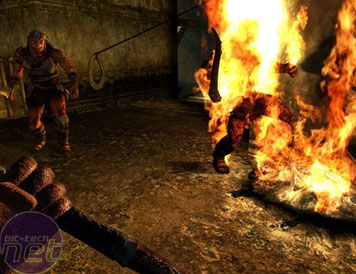
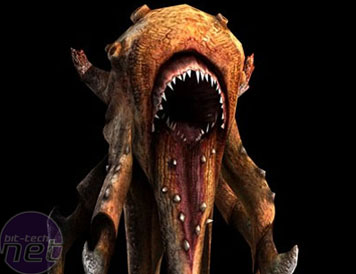
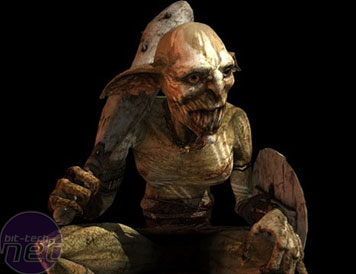
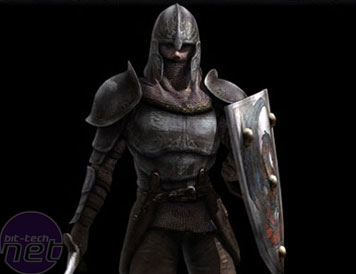
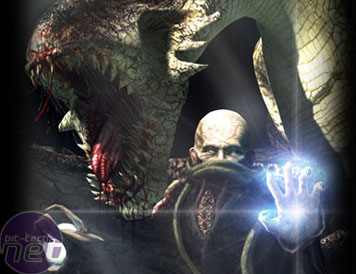
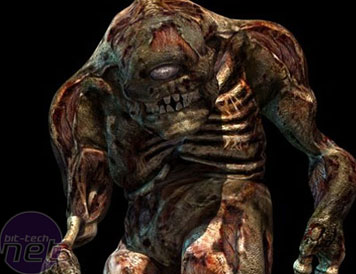
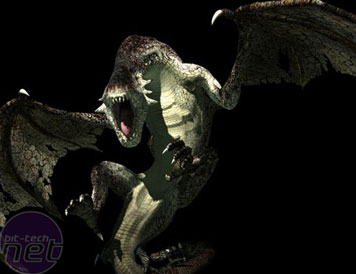
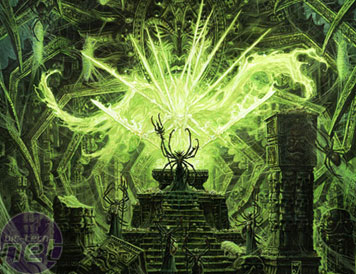
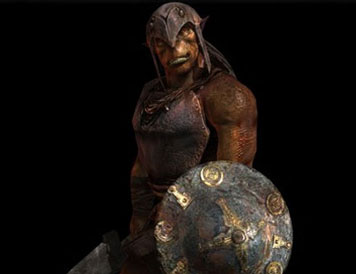
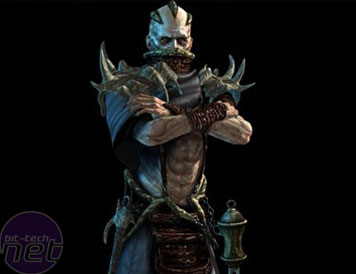






Want to comment? Please log in.